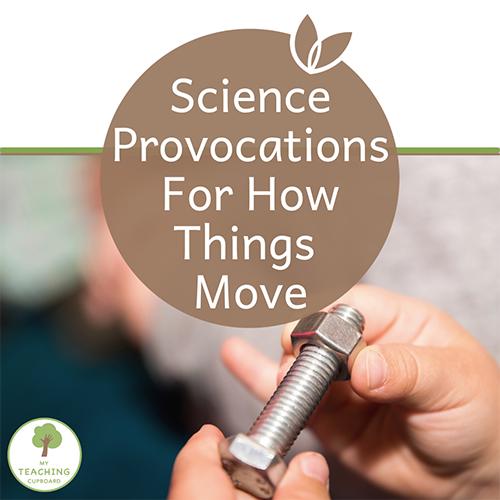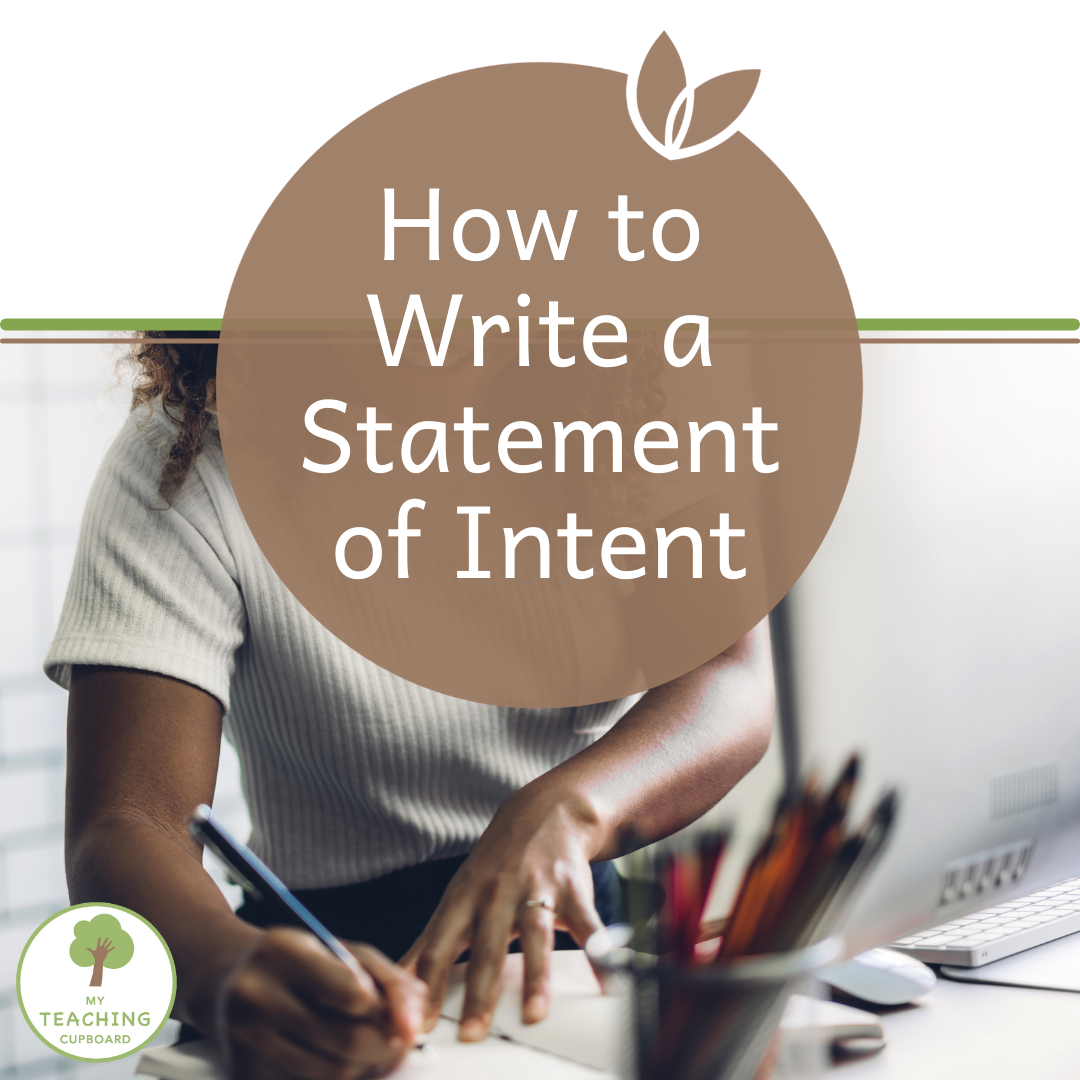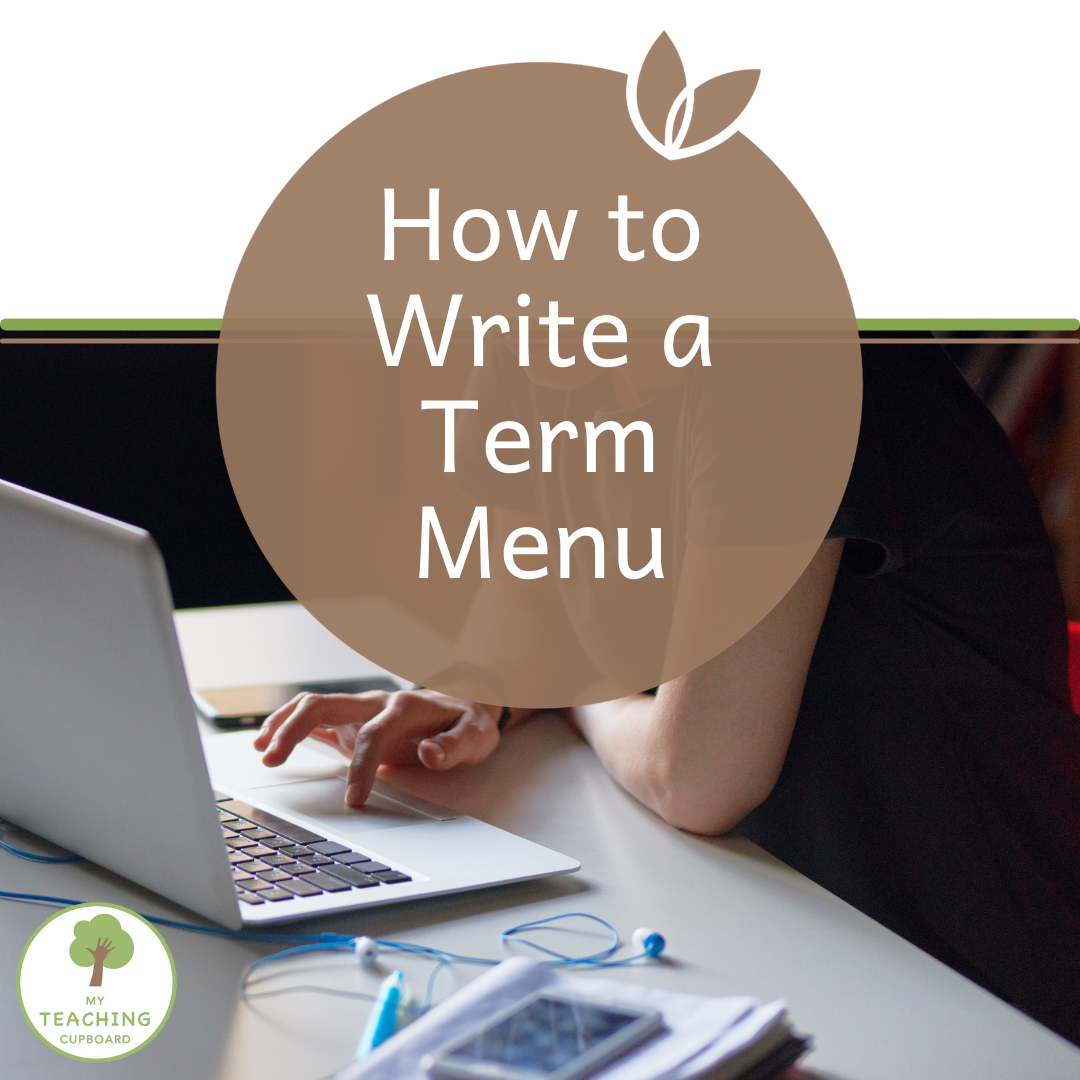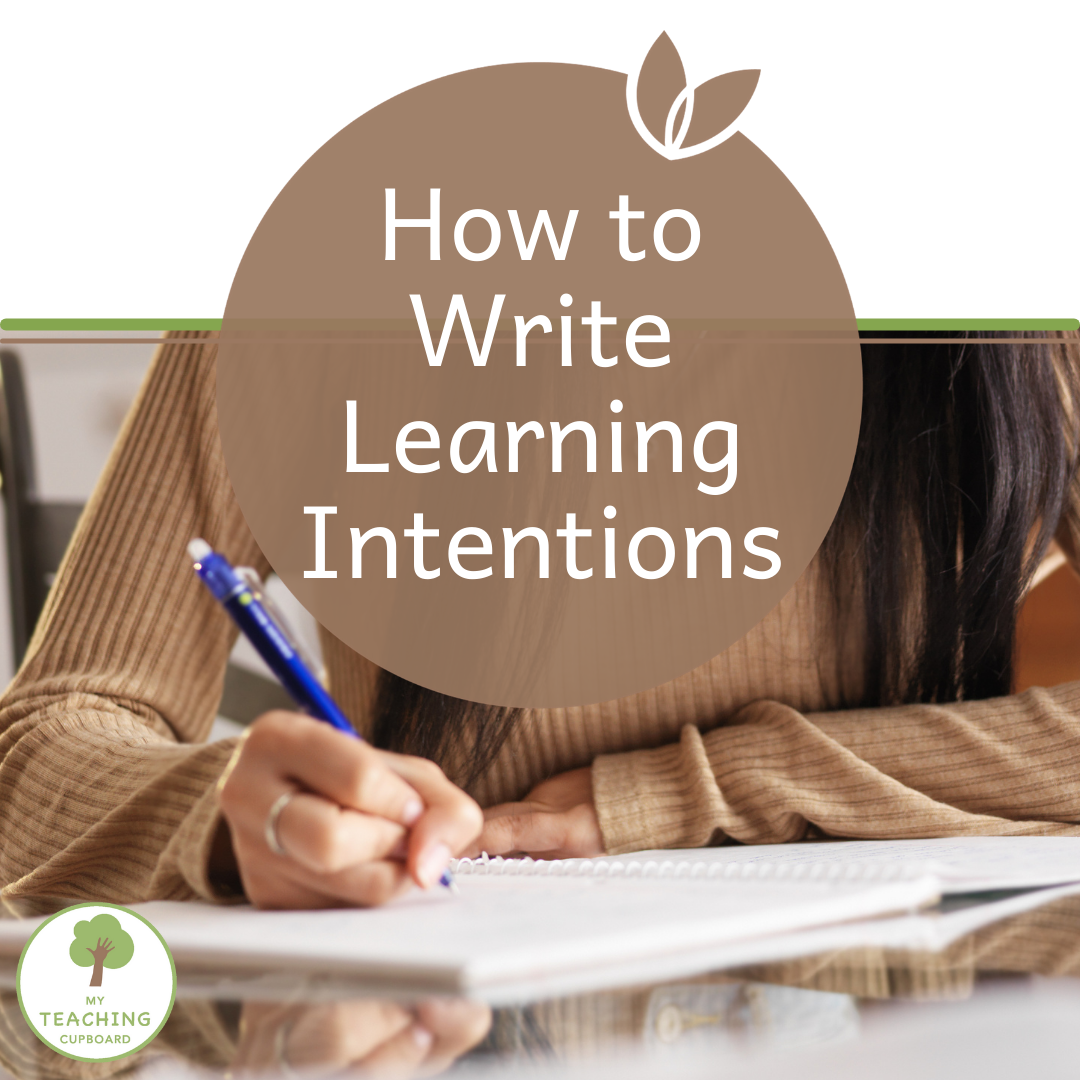Are your students spinning, twirling, and turning objects or even themselves? They are exploring the rotation schema. This blog post explores the rotation play schema in detail and gives you 46 engaging activities you can use to support the rotation play schema in your classroom.
Read MoreAre you looking for some simple yet highly engaging investigation areas and learning invitations to start the school year? In this blog post, you’ll discover a heap of Investigation area ideas for the start of school. These tried and tested learning invitations are my go-to setups year after year, so you’ll be sure to find some that you can use in your classroom too.
Read MoreThe trajectory schema is all about movement. If you have children in your classroom throwing things, fascinated with moving objects or force and motion, you have children developing their trajectory schema. Discover exactly what this play schema is and get heaps of playful hands-on activities you can use to support them.
Read MoreIn this blog post, you will learn all about the orientation schema and why it needs to be supported in your classroom. You’ll also discover several hands-on playful activities that will help you to support this interesting play schema.
Read MoreThe transforming schema is all about change and how things transform in substance or appearance. If you have children in your classroom mixing sand with water or drawing and painting on their bodies, you might have children developing their transformation schema. This blog post will explain exactly what this play schema is and give you a heap of playful hands-on activities to support it.
Read MoreLooking for hands-on science activities to teach the kindergarten physical sciences unit How Things Move or Force and Motion? This blog post has practical teaching tips and engaging ideas for purposeful early childhood science learning provocations. Best of all? They are all aligned to the ACARA foundation stage science curriculum learning intentions.
Read MoreThe connecting schema is all about how things connect and separate. If you have children in your classroom tying things together, fascinated with tape or building and knocking over towers of blocks, you have children developing their connection schema. This blog post will explain exactly what this play schema is and give you a heap of playful hands-on activities to support it.
Read MoreDiscover why it is so important to teach kindergarten and preschool children geometry and find out all about the Australian Curriculum Geometry strand so you can be confident teaching this complex maths subject.
Read MoreIf you would like to create an engaging and effective learning environment and confidently plan learning experiences that perfectly match the cognitive development of each child in your class, this blog post on play schemas is for you. Understanding play schemas and being able to pinpoint the ones your students are developing is critical to the success of your early childhood classroom.
Read MoreHow do you teach measurement in kindergarten? It isn’t the easiest math skill to teach that’s for sure but these fun and engaging measurement activities for kindergarten and preschool children will help you.
Read MoreLooking for ideas on how to use loose parts to teach early childhood math concepts? This blog post has 23 engaging activities and ideas you can use in your classroom.
Read MoreIf you are familiar with the Walker Learning Approach, then you are no doubt also familiar with writing a Statement of Intent. This fortnightly planning document is vital to the success of your play-based learning program. Check out this blog post to see how we write ours.
Read MoreIf you think curriculum planning and mapping out your term is hard work and you find it a dreaded task that seems to take you forever, you are going to love this blog post on how to write a play-based learning term overview. I’ll show you my quick and easy process.
Read MoreThe best way to teach math is through play. This blog post explains the F-2 ACARA Math Curriculum and how you can create opportunities for your early childhood students to enjoy their math learning by using hands-on play based strategies and materials.
Read MoreAre you wondering how to write effective and age-appropriate learning intentions for your preschool or kindergarten classroom? In this blog post you will discover some practical strategies to help you write curriculum aligned learning intentions your kindergarten and preschool children can relate to and use.
Read MoreFind out what natural loose parts are and the benefits of using them in your classroom. In this blog post you will discover how to easily source loose parts from nature and get started with Reggio inspired natural loose parts play in your classroom. today.
Read MoreTeaching the early years chemistry strand and looking for some engaging and educational science provocations? This blog post has 5 hands-on learning invitations to help you teach about Materials and their Properties. There are also tips and ideas to help you set up your very own purposeful early childhood science learning provocations.
Read MoreDo you really need to display your learning intentions in a kindergarten or preschool classroom? In this blog post you will discover exactly what learning intentions are and learn some practical teacher tips and ideas for you to have success using or displaying classroom learning intentions in the early years learning environment.
Read More

















